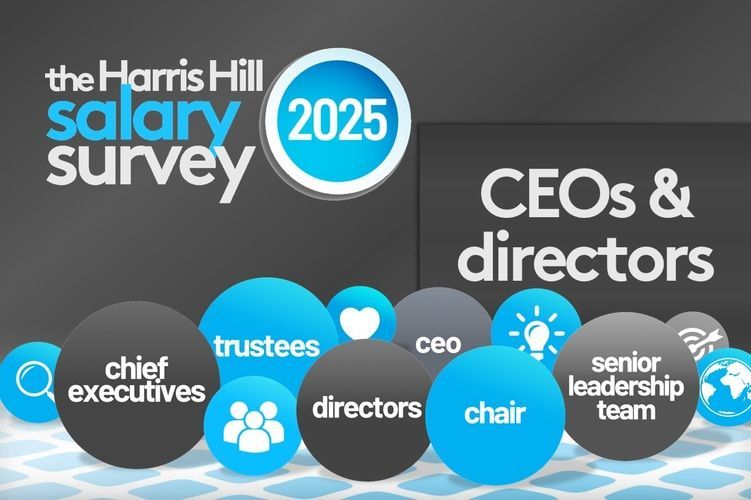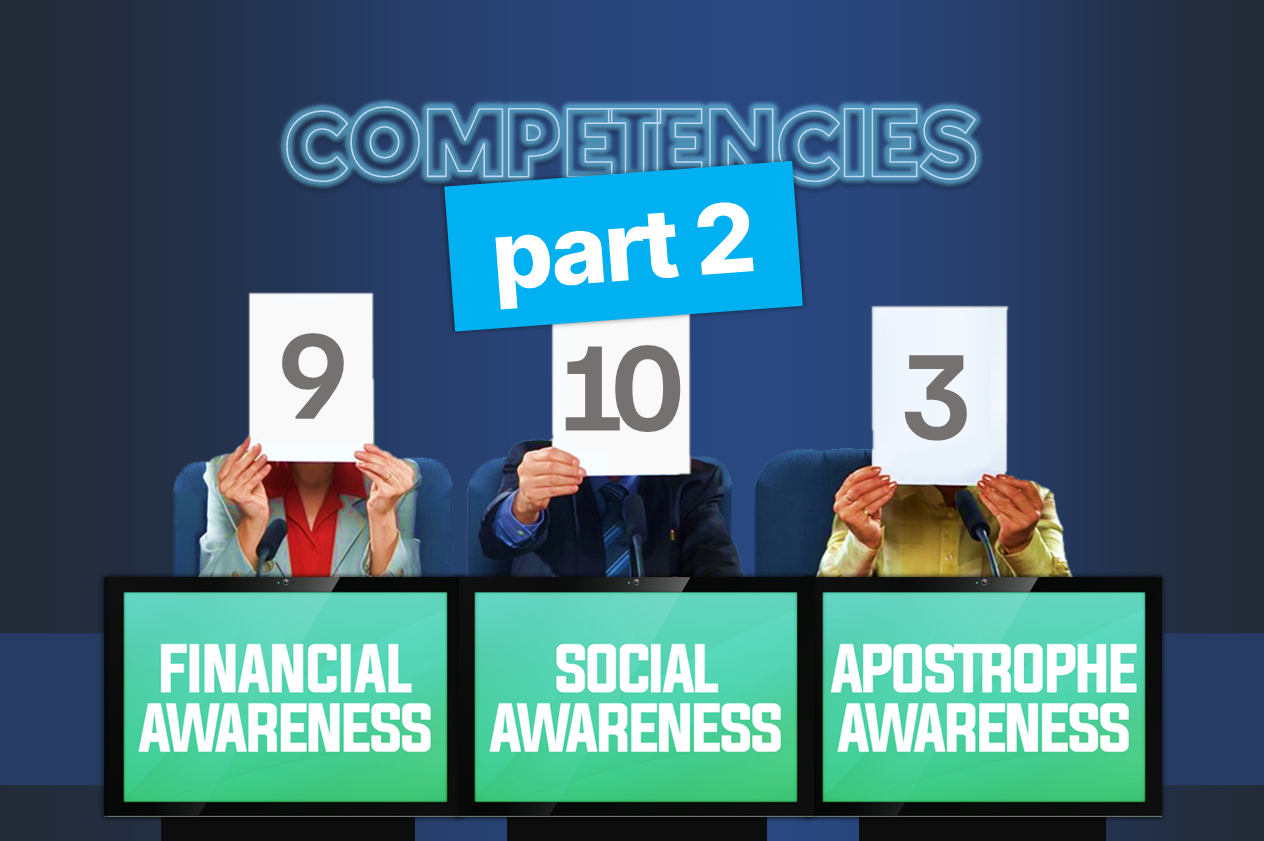How to handle competency-based interviews – part 1
Competency-based questions are all about your experience and whether they’re the main focus of your interview or not, it’s worth knowing how to answer them.
Director Jenny Hills of our Executive Search practice offers expert insight and advice in the first of a two-part guide.

What is a competency-based interview, and why do recruitment panels use them?
A competency-based interview is one that focuses on establishing that you, as a candidate, have the skills, knowledge, experience, etc, to succeed in a role, as evidenced by your achievements so far.
These competencies should be made clear on the job description and person specification of a role. If you read these documents carefully ahead of time, there should be no surprise questions in a competency-based interview.
Competency-based interviews are used by organisations because:
• They are fair and objective. In a well-run recruitment process using competency-based interviews, candidates can be well-prepared as they will have the JD and person specification well ahead of the interview. All candidates are asked the same questions in the same amount of time, and are assessed against the same criteria (the competencies).
• They can highlight your potential and transferable skills. If you're going for a promotion (say from Head of Finance to a director role) or looking to move into a different type of role, a good person specification should break down the role into separate points such as 'ability to manage a remote team', 'knowledge of charity accounting rules', 'ability to communicate complex information to non-finance specialists', etc. Each of these are competencies. A step-up candidate can show they have these competencies with specific examples (and can therefore be successful in the new role), without having held that exact title before.
• They help level the playing field for candidates who are not natural interviewees. Some people are just good at interviewing. They're able to relax, come up with answers quickly, and can tell a great story about why they would be perfect for this role. Lucky them, but that’s not most of us. Most of us get a little nervous, need to take a breath before answering a question, and despite researching the organisation thoroughly before an interview, don’t turn up thinking we can solve their every issue before lunchtime on our first day.
Competency-based interviews actually help you here, because you can prepare, anticipate the questions you’ll be asked, and therefore (fingers crossed), be less nervous. Also, you're not being assessed on your knowledge of the organisation - the questions will be about you, and how your own experience to date has prepared you for this role.
As a result, these interviews are effective at distinguishing those who can do the job from those who are simply good at interviewing. Someone who can talk a great game about how they would, say, double the charity’s income in six months, won’t get very far in a competency-based interview if they can’t provide solid evidence of doing something like that before.

How can you tell if it's a competency-based interview?
Hopefully, you'll have been briefed ahead of time on the format of the interview, but if not, you can spot a competency-based question by its focus on your past career.
Some tell-tale phrases are:
• Give me an example of…
• Tell me about a time when…
• Where have you demonstrated…
• What experience do you have of…
• How have you gone about…
If you hear any of these or similar, it’s a competency-based question.
Sometimes, the focus on the past might be less obvious, but a competency-based answer is still usually the best way to answer questions like these:
• Tell us about your knowledge of…
• Describe your ability to…
• What’s your awareness of…
Even if it's not the main focus, most interviews will include some competency-based questions.
So, how do you go about answering them?

Answering competency-based questions with the STAR technique
The STAR technique is Competency-Based Interview Answers 101. Basically, the STAR technique is about answering a competency-based question with an example in four parts: Situation, Task, Action, Result.
What does that mean in practice?
Let’s look at an example. The question is, “Please tell us about your experience of leading and motivating a team?” and this is how you might answer it using the STAR technique:
Situation (setting the scene - what was your role at the time, and what was the challenge or opportunity?)
Answer: When I joined my current role as Head of Trust Fundraising, I had a team of five relatively inexperienced staff who were demoralised, felt isolated and were directionless after an extended period without a team leader. The trust bid pipeline was in danger, and was projected to deliver only 60% of the team’s target, which ultimately risked service provision.
Task (what your responsibility was/what you needed to do)
Answer: I was tasked with stabilising and growing the trust funding pipeline, which required me to develop and motivate the team to perform at a level they never had before.
Action (quite simply, what you did)
Answer: I held workshops with the team to review what had been won, what had been submitted, what was in process and what was expected for the rest of the financial year, and an assessment of how likely we were to win each bid. We used this information to write a new annual strategy for trust fundraising. For each member of the team, I gave them a “blank slate” and focused on their performance now and in the future, setting individualised KPIs against the strategy, and regular check ins with me. I set a firm “no-blame culture” across the team between individuals and in group settings. I also set up a “buddy system” with the services team, so my team could see the impact of their work and the services team got a better understanding of what my team needed to write effective bids.
Result (what was your impact?)
Answer: By the end of the financial year, we had secured the existing pipeline of funding, as well as an additional 15% on top of our target. We were able to review our annual strategy and convert it into a 5-year strategy, which we are now halfway through the third year of delivery, with year on year increases in funding won. The same people are still in the team, with one member promoted by me last year into a Manager position in accordance with her development plan, with a new hire reporting into her. Our latest staff survey revealed that the team feels strongly connected to the work of the charity, with a clear sense of their own individual contribution.

Why use the STAR technique?
The point of the STAR technique is to provide a clear structure to your answer that is easy to remember and follow for both you and the interviewer.
Most of us are good at remembering chronological, cause-and-effect narratives – a story - which is basically what an answer structured around Situation, Task, Action, Result creates. It’s easier for you (and equally importantly, the panel) to remember a nicely structured story than a list of facts and figures, no matter how impressive those facts and figures may be.
Similarly, don’t feel the need to throw in every single detail of the example you give and risk the panel losing the thread of your story. Stick to what is most important and relevant to the role you are interviewing for.
Which is why…
Less is (usually) more
So, you're asked to demonstrate your communication skills. You’re a great communicator and have loads of examples, but don’t be tempted to reel them all off. Stick to one example that you judge to be most relevant to the role, and tell it well using the STAR technique.
Put yourself in a panel member’s shoes as they are listening to your answer. What’s easier to follow: a list of ten projects from across your career (which are probably on your CV already) or one example, put in a context that makes it relevant to the vacancy, and that follows through to an impressive result that they would like to see replicated at their organisation?
If you’ve given a strong example and want to show that you've done this more than once, you can demonstrate this breadth by finishing with something like, “that was the most complex communications challenge I have faced, but I applied the same principles in the merger at this charity, the rebrand at that charity, and most recently the new service launch in my current role”.
In part two, we'll look at how to bring your personality and values into play, deal with competencies you don't have, and inspire the panel with your vision for the future, not just your past.











